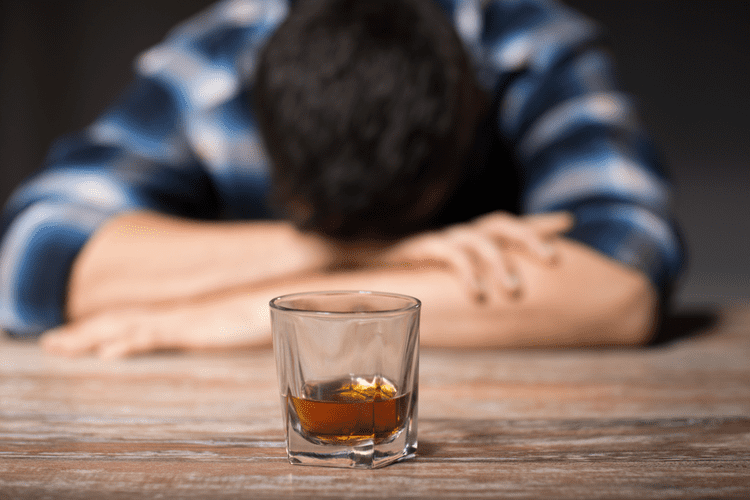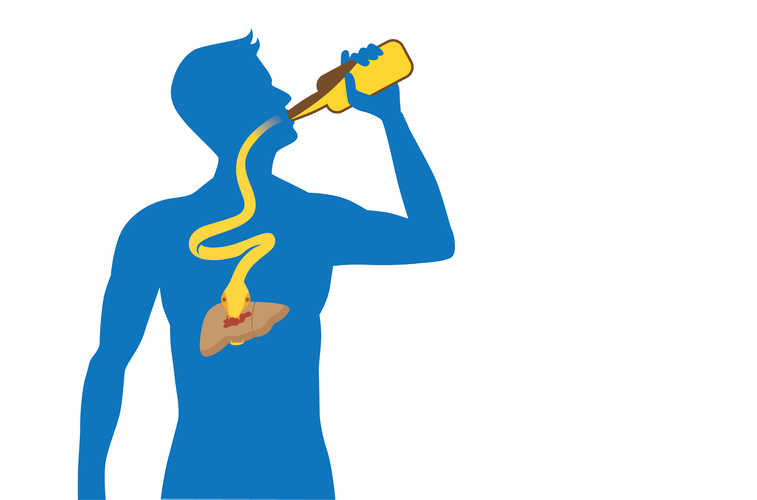Sober living
The Top 10 Dangers of Binge Drinking: Know the Risks
Yes, regular binge drinking can increase the risk of developing alcohol addiction, especially when combined with genetic and environmental factors. In addition to its effects on the brain, alcohol also affects the peripheral Sobriety nervous system, which comprises the nerves outside the brain and spinal cord. For example, alcohol misuse is linked to peripheral neuropathy, a condition that commonly occurs in people with severe alcohol use disorder (AUD) and can cause numbness in the arms and legs and painful burning in the feet. Alcohol-related damage to nerves may also cause heart arrythmias (irregular heartbeat), postural or orthostatic hypotension (a drop in blood pressure due to a change in body position), diarrhea, and erectile dysfunction. Most college students who take part in binge drinking still have developing brains. This puts these students at greater risk for the poisons and consequences of drinking.
Addressing Alcohol as a Parent
This is when heavy alcohol use affects the central nervous system, slowing breathing and heart rate. This increases the risk of choking on vomit if the drinker passes out from too much drinking. If a person who has been drinking a lot is confused, vomits, has a seizure, has pale skin, or passes out, it may be a sign of alcohol poisoning. long-term effects of binge drinking Binge drinking is dangerous and increases the risk of blackouts, memory loss, alcohol poisoning, injury, car crashes, physical and sexual assault, sexually transmitted diseases, and numerous problems at school and work.
Mental Health
Immediate risks include alcohol poisoning, accidents, impaired judgment, blackouts, and engaging in risky behaviors. Our treatment programs incorporate various therapeutic modalities, including individual counseling, group therapy, and family support services. These approaches address both the behavioral aspects of drinking https://www.futurehabitats.com/sober-living/alcohol-detox-at-home-how-to-detox-from-alcohol-3/ and underlying emotional factors.

Find Drug Rehabilitation Centers Near You Anywhere In the US
Embrace a path to recovery where mind, body, and soul are nurtured in a luxurious setting designed for your comfort and healing. If you’re pregnant, binge drinking can lead to birth defects, such as fetal alcohol syndrome. For example, a 2018 study found that light drinkers (those consuming one to three drinks per week) had lower rates of cancer or death than those drinking less than one drink per week or none at all.
- A treatment center will attempt to verify your health insurance benefits and/or necessary authorizations on your behalf.
- By doing so, individuals are given the best possible chance to overcome their substance use disorder and experience a life…recovered.
- A number of experts have recommended revision of the guidelines toward lower amounts, as more studies have linked even moderate alcohol consumption to health risks.
- That’s why attending a professional alcohol detox center is vital for one’s safety.
- People may experience brain damage related to binge drinking, which can impair their memory and other cognitive abilities.
Remember that the body can metabolize and excrete approximately one unit of alcohol per hour. Any alcohol that is not processed remains in the bloodstream, affecting major organs and causing health issues. Teens who engage in binge drinking consume 90% of all alcohol consumed by teens. Despite the high numbers of binge drinking among teens, many do not know what amount of alcohol qualifies as a binge. It’s important to know what binge drinking is and what the potential consequences are so that teens can make an informed decision about alcohol. If you or a loved one is struggling with binge drinking or alcohol dependency, Pyramid Healthcare is here to help.
Binge drinking – having a lot of alcohol in a short space of time – can be extremely dangerous.1 Our bodies can only process roughly one unit of alcohol an hour – and less for some people. Our writers and reviewers are experienced professionals in medicine, addiction treatment, and healthcare. AddictionResource fact-checks all the information before publishing and uses only credible and trusted sources when citing any medical data.

Alcohol and cancer: A growing concern
Brain development frequently continues until 25 years old, meaning that college students, one of the largest demographics for binge drinking, are especially at risk for damage. High school students also make up a heavy percentage and are at greater risk, as their brains are even more susceptible to alcohol. Binge drinking is more common than many might think, and its effects can be far-reaching.
- Are you concerned about the dangers of binge drinking and want to stop?
- It’s essential to seek alcoholism treatment as soon as you recognize that you have an unhealthy relationship with alcohol to avoid the short and long-term dangers of binge drinking, alcohol abuse, and addiction.
- By drinking a lot quickly, the amount of alcohol in your bloodstream can stop your body from working properly.
- Many individuals turn to alcohol as a way to cope with stress or emotional pain, but this can lead to a cycle of dependency and emotional distress.
- When applied to adolescents, binge-drinking definitions based on adult levels of alcohol intake (e.g., 5+/4+ drinks per occasion) often are too high.
- It’s all too common that problem drinking disrupts bonds with a spouse, family members, friends, coworkers, or employers.
One of the most immediate dangers of binge drinking is the risk of alcohol poisoning. This occurs when the blood alcohol concentration (BAC) becomes too high, overwhelming the body’s ability to process the alcohol. Symptoms include confusion, vomiting, seizures, slow or irregular breathing, and even loss of consciousness.
